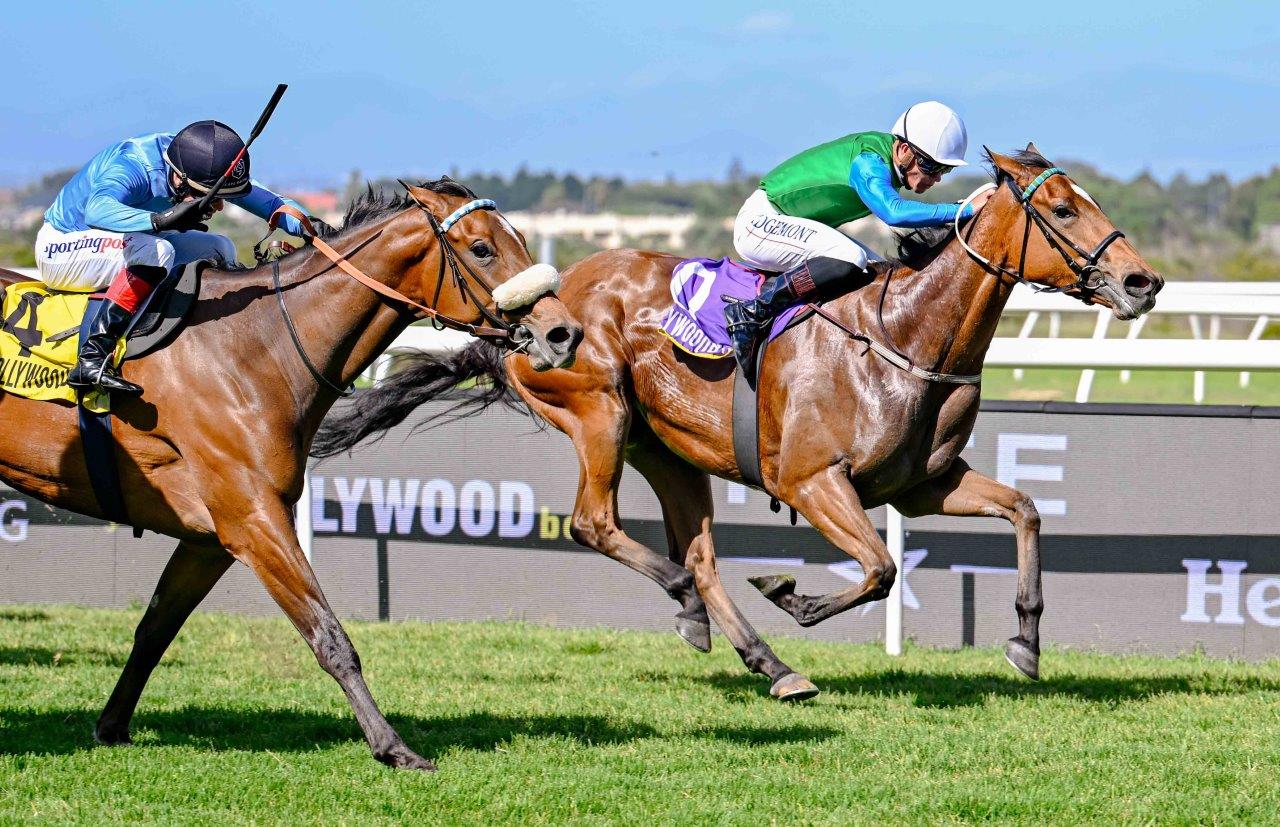 The National Horseracing Authority confirms that it has completed its Internal Inquiry into the presence of cobalt in specimens which were taken from certain racehorses.
The National Horseracing Authority confirms that it has completed its Internal Inquiry into the presence of cobalt in specimens which were taken from certain racehorses.
Background:
The National Horseracing Authority confirmed that three urine specimens had been found to be in excess of the international threshold for cobalt in urine specimens.
The NHA has conducted a thorough investigation into the facts and circumstances surrounding each of these matters. The NHA has considered the evidence presented by the relevant trainers, senior veterinary surgeons and other relevant parties and has established that:
- Vitamin B12 supplements, which can be obtained without veterinary prescription, have in all probability inadvertently led to these specimens exceeding the threshold for cobalt;
- the notices and information regarding cobalt and vitamin B12 were inconsistently disseminated and cobalt related documentation had not been correctly reflected; and
- there was still uncertainty amongst both trainers and veterinarians as to when to administer B12 vitamin supplements without it leading to a specimen taken from a horse exceeding the threshold for cobalt.
 After consideration of all relevant factors including prior to these findings, the NHA decided in the interests of fairness and justice, not to prosecute this as “prohibited substance” matters and therefore accordingly did not charge any of the persons concerned.
After consideration of all relevant factors including prior to these findings, the NHA decided in the interests of fairness and justice, not to prosecute this as “prohibited substance” matters and therefore accordingly did not charge any of the persons concerned.
However, the NHA decided to conduct a full internal Inquiry which involved all parties relevant to the proceedings. The NHA further decided that the findings in so far as it may be of relevance to the racing public will be published.
During that period, the NHA had already embarked on a roadshow involving nationwide workshops which fully appraised trainers and veterinarians of the implications of raceday medications, detection times and the use of B12 vitamins, the cobalt related repercussions and other supplements, as well as the NHA Rules pertaining hereto.
Findings:
Pursuant to the above, the findings of the Internal Inquiry are as follows:
– Trials were conducted where racehorses were fed feeds with a 1 mg/kg cobalt content (compared to a normal horse feed content of 0.1mg/kg). The impact of these high cobalt feeds on basal cobalt urine level were investigated.
 – While horses which are not fed a cobalt fortified feed have a typical urine cobalt concentration of 4 ng/ml, these trials showed that with fortified feeds (1 mg/kg) the horses presented urine cobalt levels of about 20 ng/ml. Other cobalt fortified feeds with a lower dose of about 0.4 mg/kg cobalt content resulted in urine cobalt level in horses of about 10 ng/ml. It must be noted that these basal levels are significantly below the 100 ng/ml urine international threshold for cobalt prosecution.
– While horses which are not fed a cobalt fortified feed have a typical urine cobalt concentration of 4 ng/ml, these trials showed that with fortified feeds (1 mg/kg) the horses presented urine cobalt levels of about 20 ng/ml. Other cobalt fortified feeds with a lower dose of about 0.4 mg/kg cobalt content resulted in urine cobalt level in horses of about 10 ng/ml. It must be noted that these basal levels are significantly below the 100 ng/ml urine international threshold for cobalt prosecution.
– It is clear that these abovementioned fortified feeds present the horse with more cobalt (6 mg) than is required (1 mg daily), when fed 6kg of such feed a day. With the use of such feed there is no need to further supplement cobalt in the horse.
– These trials also showed that the treatment of a horse with the recommended dose of the preparation “Red Cell” does not elevate urinary cobalt markedly and also not for a significant period of time.
– Where the Trainer wishes to administer Vitamin B12 (including high dose forte preparation) or other products containing cobalt, the NHA guidance as available on its website remains as before, that is:
“It is recommended that supplemental cobalt from any source, including registered cobalt containing supplements and vitamin B12 (cobalamin), not be administered to the horse within at least two full days prior to race day.”
This is to ensure that the horse presents a urine cobalt level significantly less than the international threshold of 100 ng/ml.
As a result of the above findings, the NHA will recommence with its testing for and prosecution of Trainers who present horses to race with levels of urinary cobalt which exceeds the international threshold of 100 ng/ml.
The NHA is mindful of its mission to maintain the integrity of the sport of horseracing and will continue to police substance abuse with its usual vigour and determination to ensure a level playing field for all.








